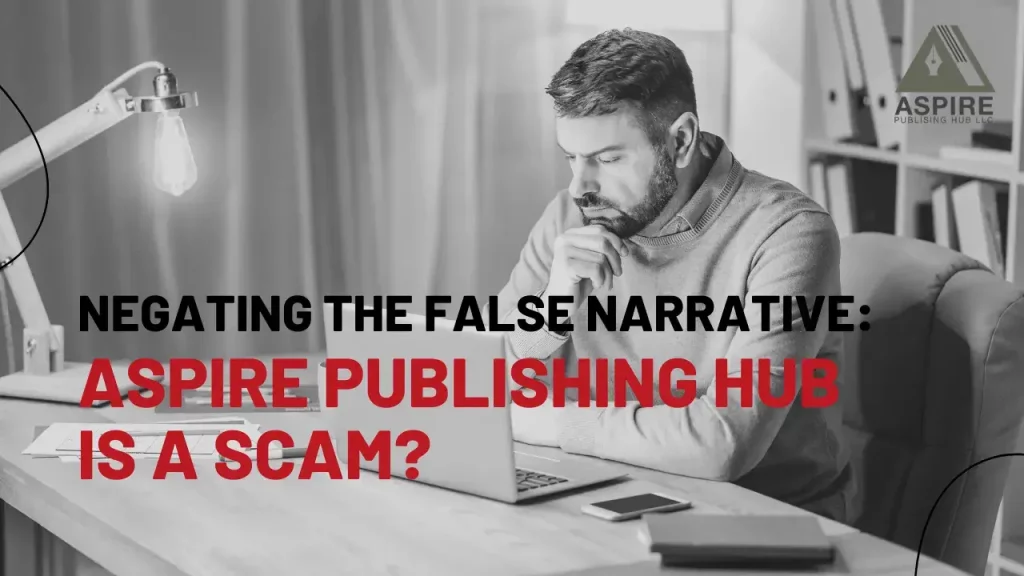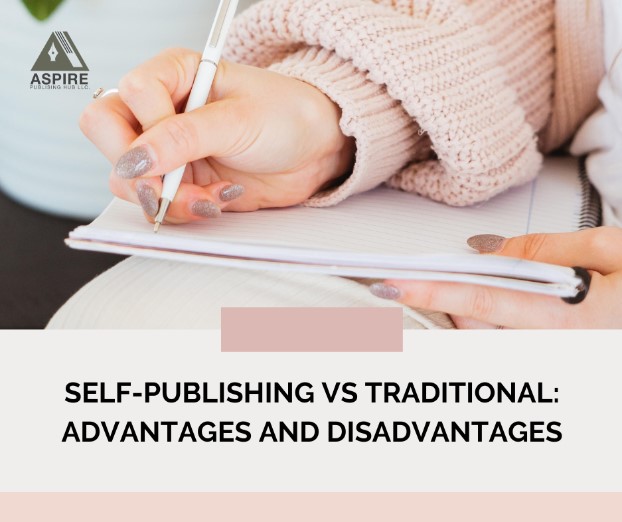Are you a book lover who’s always on the hunt for the perfect narrator? If so, you’re not alone. Audiobooks have become increasingly popular over the past few years and for good reason.
A well-narrated audiobook can take you on a journey that immerses you in the story and makes you forget everything else around you. But what makes an audiobook truly great? It all comes down to the narrator. The right voice can make all the difference in the world, creating a connection between the listener and the story. So how do you find the perfect narrator for your next audiobook?
Factors to consider when choosing a narrator
When it comes to choosing a narrator for your audiobook, there are several factors to consider. One of the most important is the narrator’s voice. You want to find a narrator whose voice is pleasant to listen to and matches the tone of your book. For example, if you’re writing a romance novel, you may want a narrator with a soft, romantic voice. If you’re writing a thriller, you may want a narrator with a deep, ominous voice.
Another factor to consider is the narrator’s experience. You want to find a narrator who has experience in the genre of your book and who is comfortable with the style of narration you are looking for. It’s also important to consider the narrator’s ability to act and bring out the nuances of the characters and storyline.
Finally, you’ll want to consider the narrator’s availability and pricing. Some narrators may have a long waitlist or may be out of your budget, so it’s important to find someone who fits within your timeframe and budget.
Finding a narrator through agencies or freelance websites
There are several ways to find a narrator for your audiobook. One option is to work with a voiceover agency. These agencies have a pool of voiceover artists to choose from, and they can help match you with a narrator who fits your needs.
Another option is to use a freelance website, such as Upwork or Fiverr. These websites allow you to post a job and receive bids from voiceover artists. You can review each artist’s portfolio and samples to find someone who fits your needs.
Regardless of which option you choose, it’s important to do your research and read reviews from other authors who have worked with the narrator before. This will give you a better idea of the narrator’s strengths and weaknesses and help you make an informed decision.
Tips for auditioning and selecting a narrator
Once you’ve narrowed down your list of potential narrators, it’s time to audition them. Most voiceover artists will provide a sample of their work, either from a previous audiobook or a custom sample. Listen carefully to the sample and consider how well the narrator’s voice matches the tone and pacing of your book.
It’s also important to consider their ability to act and bring out the nuances of the characters and storyline. You want a narrator who can bring your characters to life and make the listener feel like they are right in the middle of the action.
When selecting a narrator, it’s important to keep an open mind and be willing to give constructive feedback. A good narrator will be receptive to feedback and willing to make adjustments to their performance.
Working with a narrator: communication and feedback
Once you’ve selected a narrator, it’s important to establish clear communication and provide regular feedback throughout the recording process. This will ensure that the final product meets your expectations and that the narrator is delivering the performance you are looking for.
It’s important to be specific with your feedback and provide examples of what you are looking for. For example, if you want the narrator to adjust their pacing or tone, provide specific examples from the audiobook and explain what you would like them to do differently.
It’s also important to establish clear deadlines and expectations for the recording process. This will ensure that the audiobook is completed on time and within budget.
The importance of a professional recording studio
A professional recording studio can make a big difference in the quality of your audiobook. A good recording studio will have high-quality equipment and experienced sound engineers who can ensure that the audio is clear and free from background noise.
It’s also important to ensure that the narrator has access to a quiet recording space where they can record without interruptions or distractions. This will ensure that the final product is of the highest quality.
Legal considerations: contracts and royalties
When working with a narrator, it’s important to establish clear contracts and royalty agreements. This will ensure that both parties are clear on the terms of the agreement and that the narrator is compensated fairly for their work.
It’s important to consult with a lawyer or legal expert to ensure that your contracts and royalty agreements are legally sound and protect your interests.
Examples of great audiobook narrators
There are many great audiobook narrators out there, each with their own unique style and strengths. Here are a few examples of some of the best:
- Jim Dale: Known for his work on the Harry Potter audiobooks, Jim Dale has a talent for bringing characters to life and creating a sense of magic and wonder.
- Simon Vance: With a smooth British accent and a knack for accents and dialects, Simon Vance is a popular choice for historical fiction and classic literature.
- Bahni Turpin: Known for her ability to bring out the emotions of the characters and storyline, Bahni Turpin is a popular choice for young adult fiction and literary fiction.
Conclusion
Choosing the right narrator for your audiobook is crucial to creating a compelling and immersive experience for the listener. By considering factors such as the narrator’s voice, experience, and availability, and by auditioning and providing feedback, you can find the perfect narrator to bring your story to life. With the right voiceover artist and a professional recording studio, you can create an audiobook that captivates and engages your audience.



